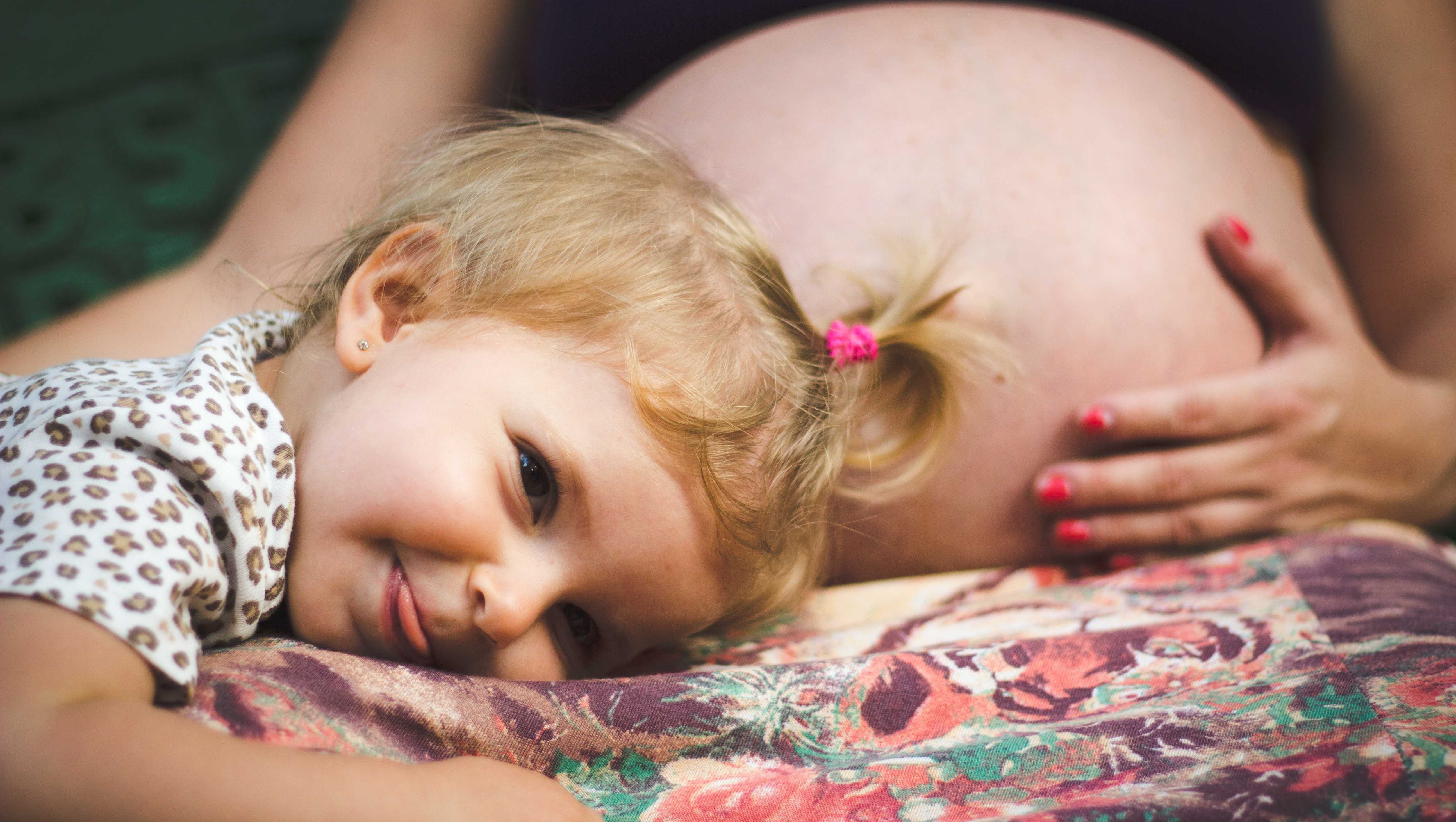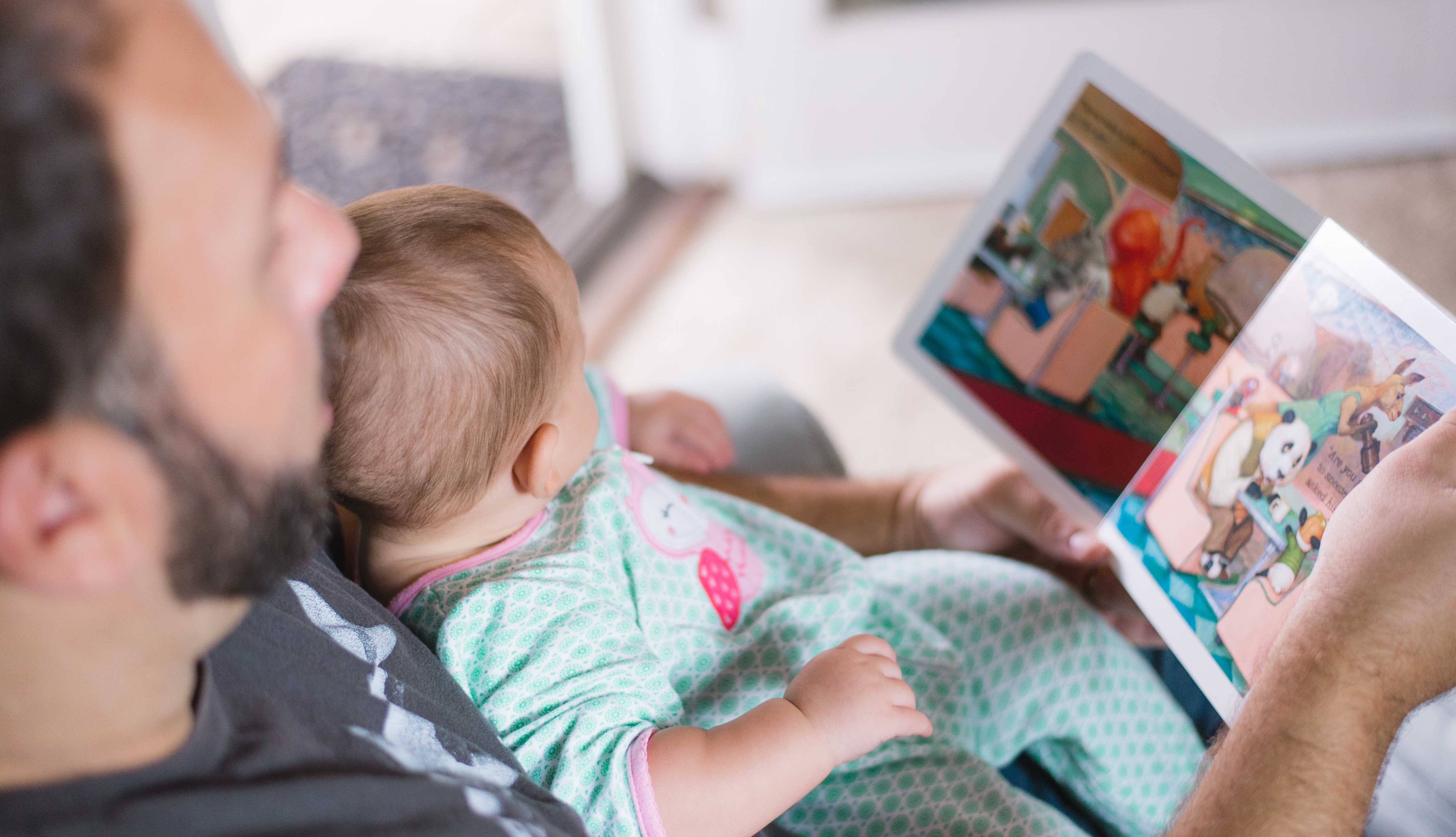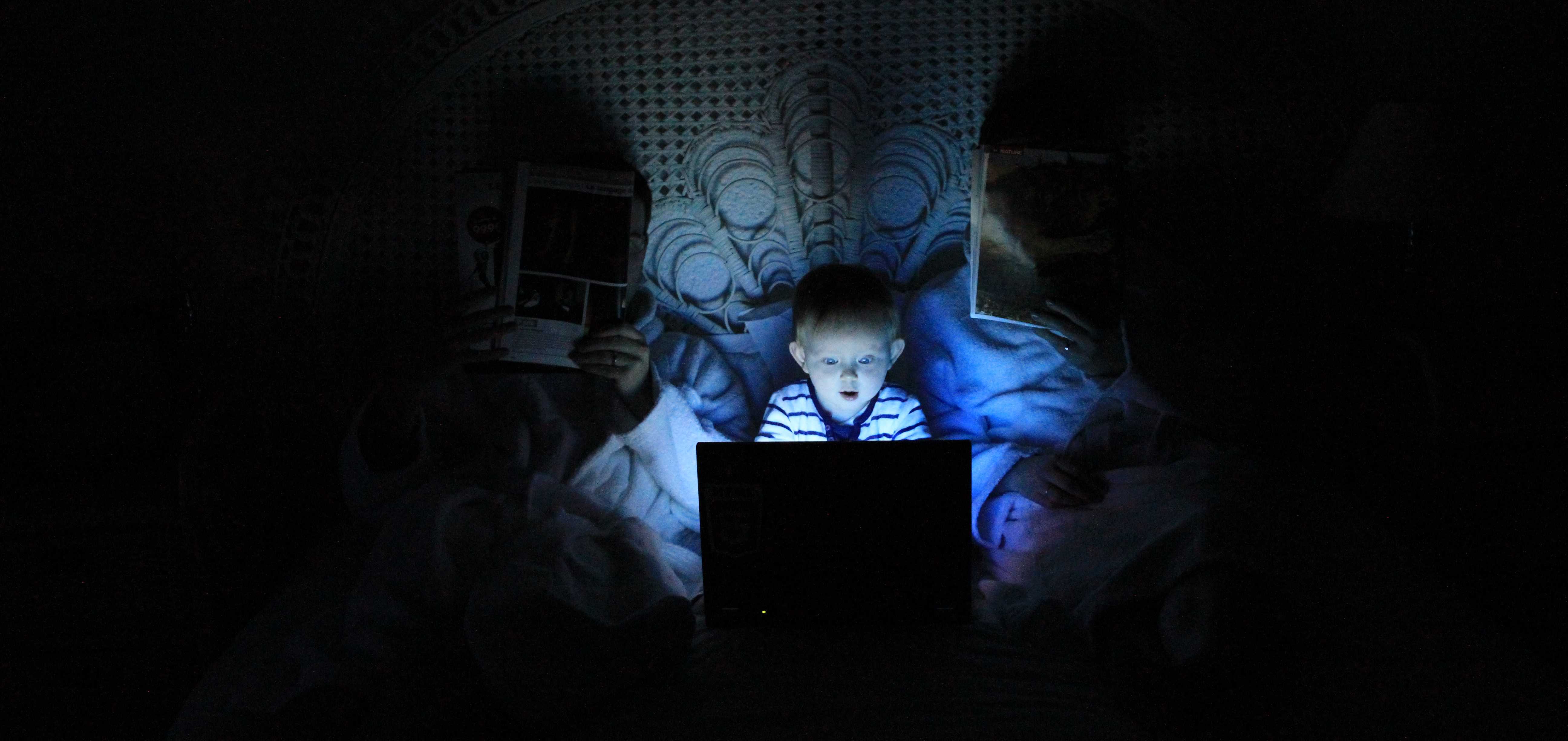For every parent, there comes a time where a baby has grown up into a toddler and is starting to climb on everything! Now climbing is good and bad, good because it builds strength and balance, but bad for obvious safety reasons. And this includes climbing out of the crib!
It happens quite often and starts with you hearing a loud thump in the middle of the night or early morning, typically followed by crying.
You think to yourself “it’s just an accident, a one-off” but then you hear the little mischief maker has taken crib climbing on as their new favorite hobby!
This isn’t the only reason why a parent might want to transition their toddler from the crib into a bed. Some may have a new sibling on the way for their little one and need the crib space, others have kids that are fast outgrowing the crib.
And there are questions that parents often ask surrounding how to do the transition right:
How to keep toddler in bed when transitioning from crib sleeping?
Is there any transition from cot to bed problems that I should be aware of?
Is transitioning to toddler bed at 18 months the best age?
This article stands to arm you with some practical knowledge, useful tips and super mom tricks to put your anxieties to rest and to help make the toddler bed transition process go as smoothly as possible.
Co-Sleeping toddler transition to bed
The first consideration we need to discuss before anything else is:
When is a Toddler Ready for a Bed?
There are a few different signs that your toddler is ready to make this change and the more of these signs you recognize, the smoother the experience is likely to be for you and your kid.
What Age Should a Child Sleep in Their Own Bed?
(Is transitioning to toddler bed at 18 months the best age?)
Parents do wonder what age is best to transition to a toddler bed and often mention the age of 18 months being less than ideal. The reality is that there is no set age and it mostly comes down to your judgment.
Most usually children change from crib to toddler bed when they are between 1 ½ and 3 ½ years of age. But 1 ½ is really young and you may wish to make the change when they are as close to 3 years as possible.
Children younger than 3 tend to not to be psychologically ready for this significant change in their lives and often become overwhelmed by the anxiety it imposes.
Of course, this does vary from child to child which is why your judgment on this is the main deciding factor. Your child might be younger than 3 but is outgrowing the crib or you just don’t have time to wait for another young one is on the way.
Expressions of Readiness
Some toddlers are excited about getting out from behind the bars of the crib to move onto a big boy/girl bed. They actively ask their parents when it is going to happen and just can’t wait for the sense of independence they will get out of sleeping in their own bed.
When it comes to actually sleeping in their own bed though, sometimes anxiety can get the better of them even after all of the excitement and confidence. This is nothing to worry about though and they will eventually get used to the new experience.
Climbing Out of the Crib
As we already mentioned, when a child is continually climbing out of the crib it can be quite worrying as the chance to slip and fall is quite a risk. This is certainly a time to begin talking about the toddler bed transition to your child at least if you haven’t mentioned it already.
Either way, your toddler climbing out of the crib is a sure sign that they are ready to change to a toddler bed because we can’t stay up all night long to catch them if they slip when climbing the crib as they need to transition soon.
If your kid is a climber you may find that after the transition into a toddler bed, your toddler keeps getting out of bed in the middle of the night too. We’ll talk more about how to keep toddler in bed when transitioning from crib later in this article.
New Baby on the Way

This is not necessarily a sign that your toddler is ready. If you are expecting it’s understandable that you have pressure to make room in the crib for a new baby but try not to rush your toddler either as it can make the transition harder.
Some good advice would be to leave at least 8 weeks before your due date to make the change, to give your toddler time to become accustomed and adjusted to the change.
Alternatively, you could borrow a spare crib from a friend that is not using it or use a co-sleeper to allow you an extra few months before the new baby needs the crib.
Sleeps on Their Own
Some parents keep the baby crib in the same room as them, while others either have the baby crib in their own room or transfer the crib into their own room when they reach somewhere just over 12 months.
This is important to note because most parents will not have room for a toddler bed in their bedroom and, well the child needs to get used to sleeping in their own room at some point right?
It’s best that the child does sleep in their own room, in the crib before transitioning to a toddler bed so that they are already used to being on their own. If you are moving them into a new room at the same time as transitioning them onto a toddler bed, it can be extremely overwhelming for them.
Having a new environment, new sounds during the night, different light levels, and different room layout at the same time as getting used to a bed is a lot for them to take in. It will greatly increase the chances of them not sleeping, crying during the night or getting up and roaming unsupervised.
Toddler Bed Transition: Tips and Tricks
Now that you have an idea whether or not your child is ready for this big change in their lives and about some of the problems you may face, let’s talk about some of the methods that you can employ to help them get acquainted with their new sleeping conditions.
Familiarity
In most cases, you will be changing from crib to bed in the child’s room without the child having to move rooms. This is great because the point here is that the child has familiar surroundings.
They will have an easier time falling asleep if they are in the same room and their furniture, decorations, and toys are all in the same place they were before. It can be quite unsettling for them if they are not.
When you swap the crib for a bed try to make sure that the bed is in the same place and position that the cot was too.
To also help maintain that sense of familiarity, your toddler might also appreciate having their cot blanket and any stuffed toys they may have had before. This can help soothe them come bedtime as they associate these items with going to sleep.
Choosing a Bed
The choice of bed is an important decision and it’s wise to choose beds specifically designed for toddlers.
Toddler beds are smaller and lower to the floor than normal beds making it easier for them to climb in and out themselves which is great if you are planning to begin potty training your toddler soon.
They also sometimes come with built-in rails to protect your child from rolling onto the floor. In cases where you buy the rail separately, make sure to attach the rail on both sides of the bed.
Even if it is up against the wall as toddlers can find themselves getting stuck in the gap between the bed and the wall!
The choice of bedding can be important too, especially when it comes to full-sized pillows as there are some concerns about age. Check out our guide if you find yourself asking “when can a toddler use a pillow?” to find out more.
When choosing bedding, make sure to allow your child to have full say on the bedding he or she wants. Giving them this kind of engagement on their choice of bedding which makes them feel much more comfortable with sleeping in the big bed.
Avoid Too Much Hype
It’s great to encourage your toddler and it’s great to inform them of what to expect from a toddler bed transition but try not to overdo it. Kids can see through constant attempts to try and get them excited about something.
Avoid using terms like “big boy or girl” bed, not because it’s wrong to call it that, but it does put unnecessary pressure on them.
After receiving so much hype and pressure, when it comes to actually sleeping in their new bed for the first time, it may make them feel nervous and anxious instead of the effect that you intended.
By all means, be positive about it when talking to your toddler but also have a matter of fact and calm attitude about the change, and try not to be too overzealous.
Bedtime Routine
It’s effective to have a good bedtime routine in place before the transition. It comes back into the maintaining familiarity concept. Ideally the only thing that should change is the bed itself.
Even down to the time they brush their teeth, to the number of stories that are read to them to the types of light show projectors you are using; keep it all exactly the same and to will help them to feel more safe and comfortable in sleeping in their own bed.
Bed Time Stories

This classic technique of making a child tired enough to sleep at bedtime may seem obvious but there is evidence that particular types of bedtime stories have a positive effect on the kid’s behavior when it comes to bedtime.
This study (1) presented by the Journal of Oxford Academic Journal of Pediatric Psychology showed that a social story that they invented for the test called “the sleep fairy” which conveyed expectations of the child at bedtime alongside a reward offered for performing good bedtime behavior is effective.
An excerpt from the story they used goes as follows:
“And if you’re very still and quiet, and if you stay in bed.
[The Sleep Fairy] lifts your pillow to place a gift beneath your head.
But she only leaves a present if you stay in bed all night.
So don’t yell or cry or leave your bed. Don’t pout or whine or fight.”
I would highly recommend reading the study for yourselves and put together a plan. Get a suitable story which relays bedtime expectations and a reward. Maybe the reward can be a small toy, or a sticker to put on a reward board which goes towards achieving a small toy.
Transition from Cot to Bed Problems to be Aware of
Moving form cot to bed is a stressful experience for some children, and they find it hard to get over, feel anxious or sometimes they don’t fully understand what is expected of them. This causes issues such as sleep disturbances, midnight wandering and still wanting to climb into mommy or daddies bed.
These are some of the common problems that many parents face and that you might face or already be experiencing when moving your toddler from cot to bed.
Toddler keeps getting out of bed in the middle of the night!
This can be at least seriously annoying for the parents and at worst quite dangerous having an unsupervised toddler running around the home in the dark of night.
The kids may stay in their own room and start playing with their toys or talk to themselves without actively calling for you. In this situation, you can either leave them to it, or go and talk to them and guide them back into bed.
This is something that’s very commonly experienced by parents and it can be extremely frustrating.
Potential solutions:
One of the main concerns with this issue is the safety of the child being able to freely roam the house whilst you are asleep. Many people question whether it is ethical to be locking toddler in a room at night.
Look at this way, before the child was restricted within the bars of the crib, and locking them in the room is restricting them, but it’s giving them far greater freedom than they had in the crib.
An alternative to locking the room is to install a baby gate at their bedroom door but this doesn’t stop them from standing at the gate and calling out to you in the night.
Also, try the bedtime story tip that’s mentioned above and use it in conjunction with a good bedtime routine.
2 Year Old Won’t Sleep in Own Bed Anymore

It can be daunting when you have successfully trained your child to sleep in their own bed, whether they are 2 years old or any other age and then they start night waking. They then start asking to sleep in your bed instead of their own. It’s worse when they ask Every night!
Potential Solutions:
The real solution here is your encouragement.
First of all, get to the bottom of the situation, why doesn’t your child want to sleep in their own bed, are they anxious? Do they feel their own room is unsafe? Do they miss their crib?
Explain to them that their bed and their bedroom is really cozy and comfortable, basically putting across that there’s nothing to fear and it’s a lovely place to sleep. And it’s all for them!
As they get back into bed, sit there with them for a while and tell them you’ll only stay for a couple of minutes. Show them that their room is safe and there’s nothing to worry about and leave them to drift off to sleep.
Toddler Doesn’t Let You Leave the Bedside!
So you’ve taken your toddler to bed, you’ve tucked them in, maybe read them a bedtime story and they still haven’t drifted off to sleep. Worse yet, they keep asking you a stream of random questions or wanting to have a conversation.
This happens quite a lot and it’s a toddler’s tactic of trying to delay the inevitable – going to sleep.
Potential Solutions
Humor them for a couple of minutes but then gently let them know that it is bedtime now and it’s not the time for questions or a chat. Tell them that you’ll answer all the questions they have in the morning but to try and imagine the answers themselves.
The questions they have will occupy their mind and will activate their imagination which will help them fall asleep in no time.
Finally
Remember that your toddler switching from a crib to bed is not just a huge milestone for them, but it is for you too.
If you are a first parent, and you plan for more, then it’s also a valuable learning experience where you can pick up on your own tricks and techniques to make the transition work for your child and you.
Remember that switching beds may not seem like it would be a challenge for you but for a toddler who is still just beginning to experience the world around them, it’s massive.
With this in mind, it’s good advice to never harshly scold your child, or shout at them with this or any other large milestone they go through. It only acts as negative reinforcement and will make both of your lives more difficult.
Most importantly, remember to stay strong, persistent and confident and eventually things will work out!